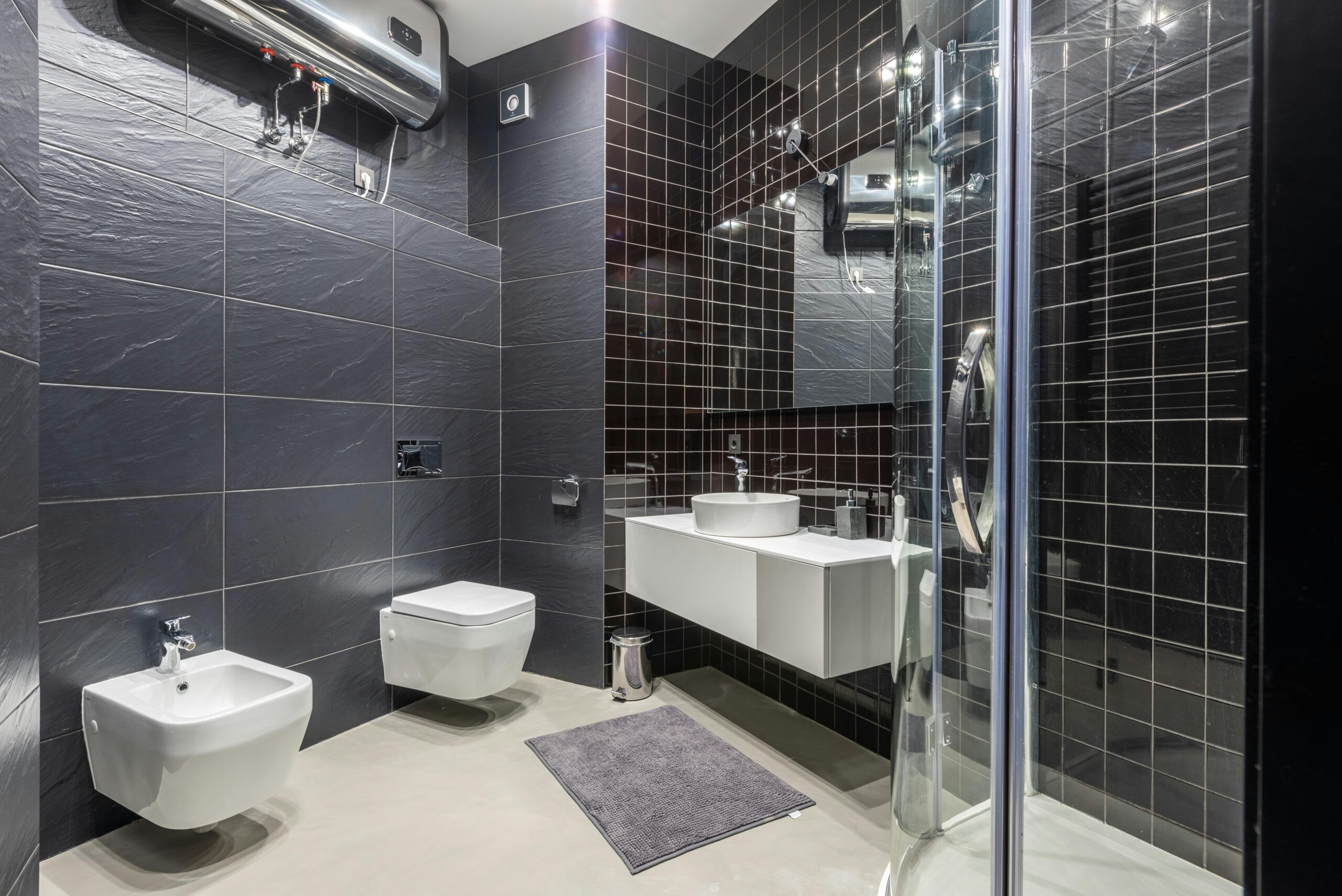Tankless water heaters are increasingly common alternatives to traditional storage tank systems, providing hot water on demand without the need for large storage tanks. Understanding the pros and cons of tankless water heaters is essential for homeowners and businesses considering water heater installation, particularly in regions such as New Jersey where energy efficiency and plumbing reliability are critical factors.
- Tankless water heaters improve energy efficiency by heating water only when needed.
- They offer space-saving benefits but require adequate flow rate capacity for multiple simultaneous uses.
- Initial installation costs tend to be higher compared to traditional water heaters.
- Proper installation and maintenance are vital for maximizing performance and lifespan in New Jersey plumbing systems.
- Understanding specific household or commercial hot water needs is important to select the best system.
Why Tankless Water Heaters Matter for New Jersey Plumbing
Tankless water heaters, also known as on-demand water heaters, are designed to deliver hot water directly and immediately when a tap or appliance is turned on. This technology contrasts with traditional water heaters, which store a finite amount of preheated water in a tank for later use. For residential and commercial properties across New Jersey, these systems represent a shift toward energy-efficient, space-conscious plumbing solutions.
Their popularity grows in part due to increasing energy codes and rising utility costs, prompting property owners to seek plumbing systems that reduce wasteful standby heat loss. Considering New Jersey’s climate and infrastructure, evaluating the advantages and drawbacks of tankless water heaters ensures informed decisions when planning water heater installation or upgrades.
Understanding the Pros and Cons of Tankless Water Heaters
Tankless water heaters function by heating cold water directly as it flows through a heat exchanger, providing a continuous supply of hot water without the storage requirements of traditional tanks. This section outlines their key characteristics, practical applications, and considerations for New Jersey plumbing systems.
Advantages of Tankless Water Heaters
Energy Efficiency: One of the primary benefits of tankless water heaters is improved energy efficiency. Since these units heat water only when needed, they avoid the standby energy losses associated with keeping a tank full of hot water at all times. This efficiency can lead to energy savings of 24% to 34% over conventional storage systems, depending on usage patterns.
Space Savings: Tankless units are compact and wall-mounted, freeing up floor space often allotted for bulky storage tanks. This characteristic is particularly advantageous in New Jersey homes and businesses where space constraints impact renovation or new construction projects.
Longer Lifespan: On average, tankless water heaters last longer than traditional tank systems. Their expected lifespan ranges from 20 to 30 years with proper maintenance, compared to 10 to 15 years for storage tanks.
Endless Hot Water Supply: Because water is heated on demand, tankless heaters can provide continuous hot water, beneficial for large families or commercial facilities with high simultaneous water needs.
Reduced Risk of Leaks: Eliminating a storage tank reduces the possibility of leaks and the water damage associated with tank failures.
Disadvantages of Tankless Water Heaters
Higher Initial Cost: The upfront cost of purchasing and installing a tankless water heater is significantly greater than that of traditional tank units. This includes specialized plumbing work, potential electrical or gas supply upgrades, and the unit itself.
Flow Rate Limitations: Tankless systems are rated by maximum flow rates; they may struggle to supply sufficient hot water when multiple outlets operate simultaneously. Larger households or commercial users must calculate peak demand carefully to avoid reduced water temperature or pressure.
Complex Installation Requirements: Installation may require modifications to existing plumbing or venting systems, especially for gas-fired units. Compliance with local New Jersey plumbing codes and safety standards is necessary.
Maintenance Sensitivity: Tankless water heaters may require more frequent maintenance to prevent scale buildup caused by hard water prevalent in some New Jersey regions. Neglecting maintenance can decrease efficiency and shorten lifespan.
Potential Delay in Hot Water Delivery: Due to the on-demand heating process, a short wait for hot water delivery may occur at new or far-apart fixtures.
Market Overview and Applications in New Jersey
The market for tankless water heaters in New Jersey continues to grow as energy efficiency standards and sustainability initiatives influence residential and commercial building practices. New construction often integrates tankless systems to comply with energy codes, while retrofits present unique challenges related to existing plumbing configurations.
Commercial applications include restaurants, hotels, and medical facilities where hot water demand is continuous but space for traditional tanks is limited. Residential users increasingly favor tankless units for their reduced utility bills and compact design.
Selecting a tankless water heater requires evaluating water usage patterns, fuel availability (electric or gas), and potential maintenance needs. Local New Jersey plumbing professionals can provide critical guidance on sizing, installation, and code compliance to ensure system performance.
Risks and Considerations for New Jersey Installations
Specific concerns for tankless water heater installation in New Jersey include:
- Compliance with New Jersey plumbing codes and inspection requirements.
- Addressing hard water conditions to minimize scaling and corrosion.
- Ensuring correct venting and combustion air supply for gas models to prevent safety hazards.
- Evaluating existing electrical or gas infrastructure capacity for installation upgrades.
Proper planning and adherence to plumbing tips focused on local conditions improve the reliability and efficiency of tankless water heaters.
Summary and Next Steps
Tankless water heaters offer a series of advantages including improved energy efficiency, space savings, and an extended operational lifespan. However, higher initial costs, flow rate limitations, and specific installation considerations must also be evaluated. For New Jersey homes and businesses considering water heater installation, careful assessment of hot water needs and plumbing infrastructure is vital.
Partnering with experienced New Jersey plumbing professionals familiar with tankless systems can ensure proper sizing, timely installation, and ongoing system maintenance. These steps maximize the benefits of tankless water heaters while mitigating potential drawbacks.
For additional customized plumbing tips and expert assistance with water heater installation, visit
Jersey Plumbing.


Recent Comments